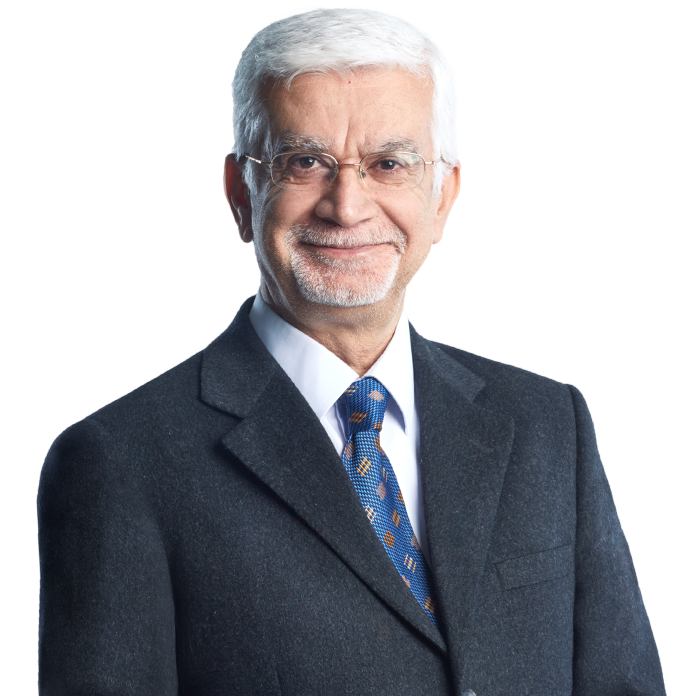Anyone who deals with American officials will regularly come across the term “a good friend of America” with regard to various people, groups and countries.
What does this term mean? Who can be a good friend of America? Is it those that love America? Is it those who are in line with America’s national interests? Is it those whose regime resembles that of America i.e. democracies? Is it those countries that regardless of their governing systems support America? Is it those people, groups and countries that like the liberal classical philosophy, which was influential during America’s founding?
America is a giant. The world’s sole super power. What it spends alone on its military almost equals that of all other countries combined. It has a very big economy. Almost a quarter of global production emanates from America. It is the world’s richest country. Contrary to popular belief, it is one of the most statist countries. It has a system where everything revolves around the state. American foreign policy is even more complicated, convoluted and contradictory. It seldom sticks to any principled stance. It seldom remains true and always follows a zigzagging path. The foreign policy of the United States is based on what it calls American national interests.
America is praised for being a strong democracy. The praise is deserving since it really is the New World’s oldest democratic republic. Despite this, however, a country being democratic does not guarantee it being “a good friend of America.” Not being a democratic state is not an obstacle to being portrayed as “a good friend of America” and receiving preferential treatment.
The United States, which considers itself a champion of democracy, works hand-in-hand with some of the world’s anti-democratic regimes. This brings us to Saudi Arabia. As long as it serves U.S. national interests, this country does not come within range of U.S. criticism for its human rights violations.
The United States can initiate and support proceedings for a military coup against administrations it does not like. The most recent example is Egypt. The United States, leader of the West, does not hold back from criticizing many countries for being undemocratic despite not allowing the introduction of democracy to Islamic regions.
It is clear that the West, and in the near past, specifically the United States, has played a big part in the Middle East becoming a more complicated and complex region.
The United States presented fabricated information and documentation enabling it to occupy Iraq. There were some Americans that justified Iraq’s occupation on the basis that they would bring democracy and civilization to the country. Even a few famous columnists in Turkey adopted that American viewpoint and spouted that same line in their writings. The United States, responsible for thousands of deaths due to its occupation, was behind the formation of a government in Iraq that towed its line and was under Shia control. It wasn’t overly worried about Maliki’s discrimination against the Sunnis. This discrimination promoted societal discord in Iraq.
Hundreds of thousands have died in a civil war that still continues in Syria due to the hunger of a dictator to remain in power. Initially the United States joined with its allies, including Turkey, in plans for toppling Assad. However, it withdrew to the sidelines within a few months. Turkey was specifically left in a difficult position due to this.
Domestically there were people who tried to apportion all the blame of what went on in Syria to the Turkish government as if Turkey were even more powerful than the United States. This despite the fact that Turkey repeatedly warned the United States that bad things would happen if the Assad regime in Syria was not quickly toppled and a broad-based government set up in its place. The United States paid no heed to these warnings. It did not take any steps in Syria as thousands of Syrians were killed or faced tyranny. It did not, for example, take the lead in attempting to create a no-fly zone and strengthen the moderate opposition.
This resulted in the war becoming drawn out. As the war drew on and the moderate groups made no ground, radical groups were born and grew. ISIL emerged and grew due to these existing conditions in Iraq and Syria.
It was when Western journalists and civilians were inhumanely executed by ISIL that the United States made a move and began attempts to mobilize its “good friends.” Its mobilization efforts in that direction continue. The language it is using in its efforts is ethno-centric though. It states that its principal aim is to protect American citizens. That is fine, but why should citizens of other countries take responsibility to protect your citizens? What do you promise them in return? And how can regional countries and forces trust the United States that shifts it stance so often that it becomes hard to keep track? Is there any guarantee that the United States will not declare ISIL to be its ally in the future although it is the enemy today?
Turkey should determine its foreign policy based on its own needs and priorities rather than that of the United States. It shouldn’t cut itself off from the Western bloc but at the same time should not become a country that agrees with all requests from Western centers without asking questions and requiring explanations.
In other words, its foreign policy should not be based on being “a good friend of America” but rather it should act in line with what serves its own interests, democracy and common human values.




















